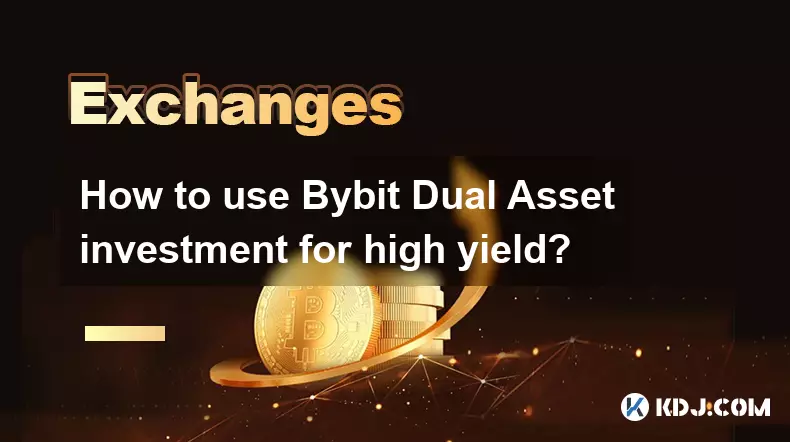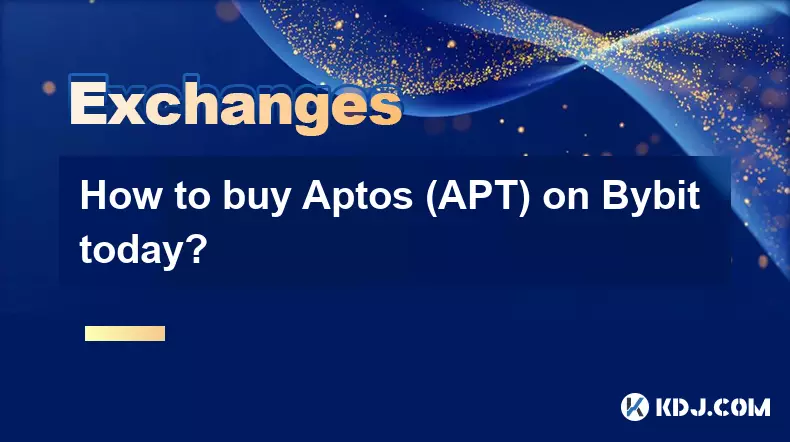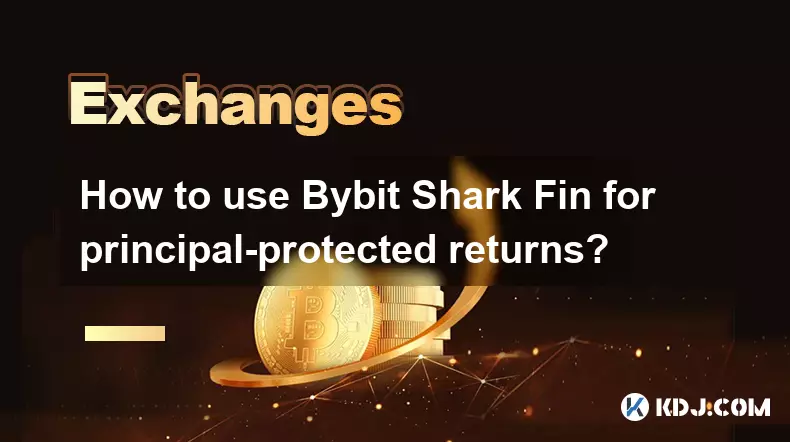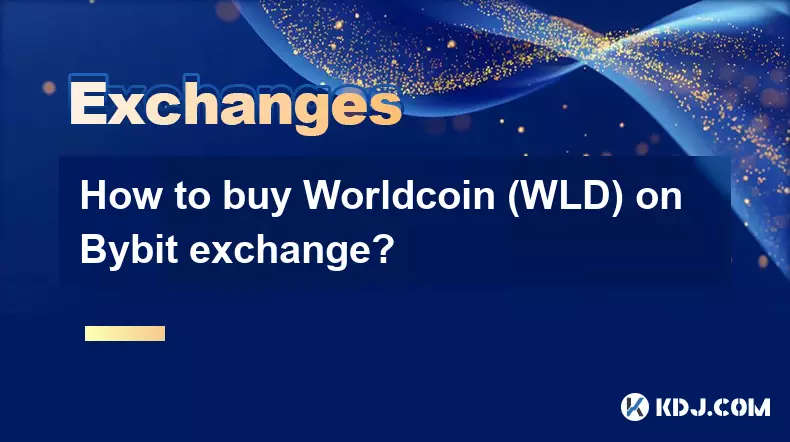-
 bitcoin
bitcoin $87959.907984 USD
1.34% -
 ethereum
ethereum $2920.497338 USD
3.04% -
 tether
tether $0.999775 USD
0.00% -
 xrp
xrp $2.237324 USD
8.12% -
 bnb
bnb $860.243768 USD
0.90% -
 solana
solana $138.089498 USD
5.43% -
 usd-coin
usd-coin $0.999807 USD
0.01% -
 tron
tron $0.272801 USD
-1.53% -
 dogecoin
dogecoin $0.150904 USD
2.96% -
 cardano
cardano $0.421635 USD
1.97% -
 hyperliquid
hyperliquid $32.152445 USD
2.23% -
 bitcoin-cash
bitcoin-cash $533.301069 USD
-1.94% -
 chainlink
chainlink $12.953417 USD
2.68% -
 unus-sed-leo
unus-sed-leo $9.535951 USD
0.73% -
 zcash
zcash $521.483386 USD
-2.87%
Is the API interface of OKX safe?
OKX employs robust API security, but user vigilance is paramount. Strong passwords, regular key regeneration, and adherence to best practices are crucial, as even strong systems can be compromised by user error.
Mar 14, 2025 at 04:21 am

- OKX's API security relies on a multi-layered approach, but no system is perfectly impenetrable.
- Users must take proactive steps to secure their API keys and accounts.
- Understanding API key management, best practices, and potential vulnerabilities is crucial for safe usage.
- Regular security audits and updates by OKX contribute to, but don't guarantee, complete safety.
- The responsibility for security ultimately rests with the individual user.
The safety of the OKX API interface is a complex question with no simple yes or no answer. While OKX implements robust security measures, the security of your API interaction ultimately depends on your own practices and vigilance. OKX employs various security protocols to protect its API, but these are not foolproof. Think of it like a well-fortified castle; it's strong, but still vulnerable to attack if the gate is left open.
OKX uses encryption to protect data transmitted between your system and their servers. This means that even if someone intercepts your communication, they can't easily read the information. However, the strength of this encryption depends on the protocols used and can be broken with enough effort and resources. It's important to remember that the level of encryption and its effectiveness are constantly evolving.
The platform employs various authentication methods, including two-factor authentication (2FA), adding an extra layer of security. 2FA requires a second verification step beyond your password, usually involving a code from an authenticator app or SMS. This significantly reduces the risk of unauthorized access, even if someone obtains your password. However, even 2FA can be bypassed with sophisticated attacks.
Proper API key management is crucial. OKX provides tools and guidelines for managing API keys, but the user must follow them diligently. Think of your API key as a password with extensive permissions; treat it with the same level of care. Never share your API key with anyone, and revoke and regenerate them regularly, especially after any suspected security breach.
- Generate strong, unique API keys: Avoid easily guessable combinations.
- Use a dedicated IP address: Limit access to your API keys to specific IP addresses to minimize unauthorized access.
- Enable IP whitelisting: Configure your API settings to only allow access from trusted IP addresses.
- Regularly review API key activity: Monitor your API key usage for any suspicious activity.
- Use a strong and unique password for your OKX account: This is the foundation of your overall security.
- Keep your software updated: Outdated software can contain vulnerabilities that attackers can exploit.
Beyond the measures OKX takes, the user plays a vital role in maintaining security. Regularly updating your operating system and software, using strong passwords, and avoiding suspicious websites or emails are crucial for preventing compromise. Even with the best security protocols in place, user negligence can be the weakest link.
OKX's security is also dependent on their own internal measures. They conduct regular security audits and updates to their systems to patch vulnerabilities and improve security. However, no system is completely impervious to attack. Zero-day exploits, previously unknown vulnerabilities, can still be exploited. The responsibility for protecting your assets lies with you, the user.
The security of the OKX API is an ongoing effort, requiring both the platform's commitment to security upgrades and the user's diligent adherence to best practices. While OKX employs multiple layers of security, the user’s actions are the ultimate determinant of the security of their API interaction. Remember, vigilance is key. A seemingly secure system can be compromised by careless practices.
Frequently Asked Questions:Q: What happens if my API key is compromised?A: If your API key is compromised, an attacker could potentially access and control your OKX account, potentially leading to the loss of funds. Immediately revoke the compromised key and change your OKX password. Contact OKX support as well.
Q: How often should I regenerate my API keys?A: It's recommended to regenerate your API keys regularly, at least every few months, or immediately after any suspected security breach or password change.
Q: Does OKX offer any tools to help manage API keys?A: OKX provides guidelines and best practices for API key management, often including tools within the platform itself for generating, revoking, and managing API keys. Refer to their official documentation for the most up-to-date information.
Q: Is using a VPN with the OKX API recommended?A: Using a VPN can add an extra layer of security by masking your IP address. However, ensure you use a reputable VPN provider and understand that some VPNs may be blocked by OKX.
Q: What are the consequences of neglecting API security best practices?A: Neglecting API security best practices can lead to unauthorized access to your OKX account, potentially resulting in the loss of funds, compromised personal information, and other serious security breaches.
Q: Can OKX be held liable if my API key is compromised?A: While OKX implements security measures, their liability in case of a compromised API key is limited. The user is ultimately responsible for securing their own API keys and following best security practices. The terms of service should be reviewed for the specific details of their liability policy.
Disclaimer:info@kdj.com
The information provided is not trading advice. kdj.com does not assume any responsibility for any investments made based on the information provided in this article. Cryptocurrencies are highly volatile and it is highly recommended that you invest with caution after thorough research!
If you believe that the content used on this website infringes your copyright, please contact us immediately (info@kdj.com) and we will delete it promptly.
- The Downtown Rumble: Trump's Fed Gripes Fuel Bitcoin Bets Amidst Policy Turmoil
- 2026-02-08 15:55:01
- New Phishing and OAuth Exploits Threaten Microsoft 365 Security, Experts Warn
- 2026-02-08 16:05:12
- Toncoin's Ascendant Arc: Unpacking Price Predictions Within the Evolving TON Ecosystem
- 2026-02-08 16:10:01
- Dogecoin Investment: Navigating the Highs, Lows, and Lingering Risks
- 2026-02-08 16:00:06
- Uncovering Hidden Fortunes: Royal Mint Coins, Rare Errors, and Surging Value
- 2026-02-08 16:00:06
- Dogecoin, Meme, and Opportunity: Riding the Volatile Waves of the Original Meme Coin
- 2026-02-08 13:00:02
Related knowledge

How to contact Bybit customer support for urgent help?
Feb 05,2026 at 11:40pm
Accessing Bybit Support via Live Chat1. Log in to your Bybit account using the official website or mobile application. 2. Navigate to the Help Center ...

How to use Bybit Dual Asset investment for high yield?
Feb 06,2026 at 12:20am
Understanding Bybit Dual Asset Investment Mechanics1. Dual Asset Investment is a structured product offered by Bybit that combines a stablecoin deposi...

How to buy Aptos (APT) on Bybit today?
Feb 06,2026 at 07:40am
Creating a Bybit Account1. Navigate to the official Bybit website and click the “Sign Up” button located at the top right corner of the homepage. Ente...

How to use Bybit Shark Fin for principal-protected returns?
Feb 06,2026 at 03:40pm
Understanding Shark Fin Structure1. Shark Fin products on Bybit are structured derivatives designed to offer capital protection while enabling exposur...

How to buy Worldcoin (WLD) on Bybit exchange?
Feb 05,2026 at 04:39pm
Account Registration and Verification1. Navigate to the official Bybit website and click the 'Sign Up' button located in the top-right corner. 2. Ente...

How to buy Arbitrum (ARB) on Bybit using Google Pay?
Feb 08,2026 at 02:20am
Accessing Bybit Account and Navigating to Arbitrum Purchase Interface1. Open the Bybit mobile application or visit the official Bybit website using a ...

How to contact Bybit customer support for urgent help?
Feb 05,2026 at 11:40pm
Accessing Bybit Support via Live Chat1. Log in to your Bybit account using the official website or mobile application. 2. Navigate to the Help Center ...

How to use Bybit Dual Asset investment for high yield?
Feb 06,2026 at 12:20am
Understanding Bybit Dual Asset Investment Mechanics1. Dual Asset Investment is a structured product offered by Bybit that combines a stablecoin deposi...

How to buy Aptos (APT) on Bybit today?
Feb 06,2026 at 07:40am
Creating a Bybit Account1. Navigate to the official Bybit website and click the “Sign Up” button located at the top right corner of the homepage. Ente...

How to use Bybit Shark Fin for principal-protected returns?
Feb 06,2026 at 03:40pm
Understanding Shark Fin Structure1. Shark Fin products on Bybit are structured derivatives designed to offer capital protection while enabling exposur...

How to buy Worldcoin (WLD) on Bybit exchange?
Feb 05,2026 at 04:39pm
Account Registration and Verification1. Navigate to the official Bybit website and click the 'Sign Up' button located in the top-right corner. 2. Ente...

How to buy Arbitrum (ARB) on Bybit using Google Pay?
Feb 08,2026 at 02:20am
Accessing Bybit Account and Navigating to Arbitrum Purchase Interface1. Open the Bybit mobile application or visit the official Bybit website using a ...
See all articles










































































